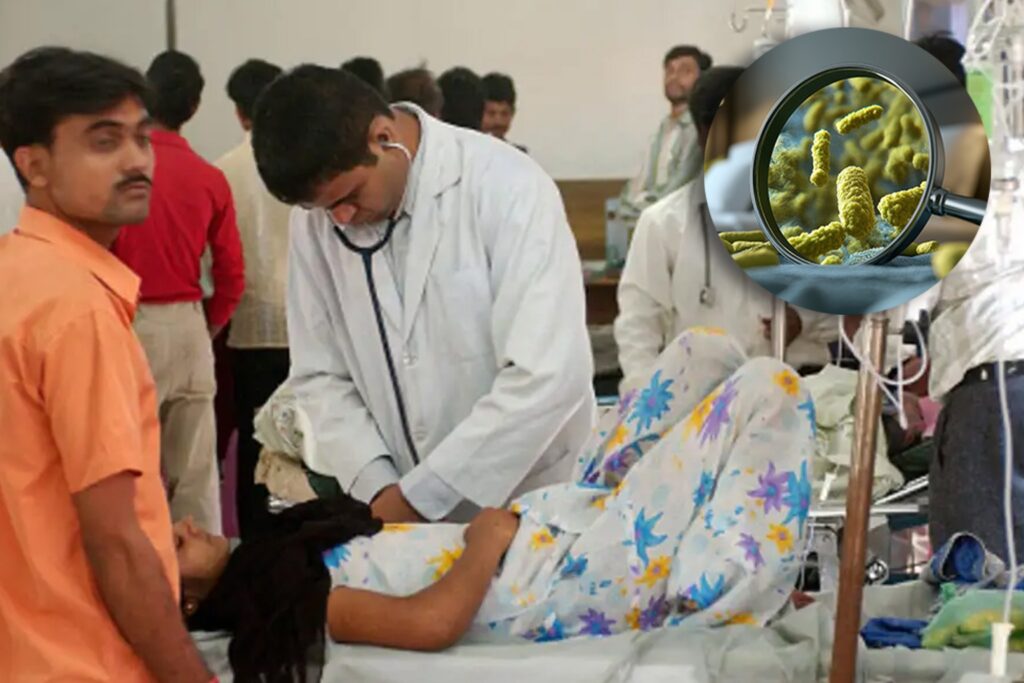
According to a new Lancet study, only 8 per cent of bacterial infections found in India in 2019 received the proper treatment.
Antibiotic, or antimicrobial, resistance is emerging as a major public health issue, with a 2024 Lancet study projecting over 39 million people around the world could die due to such infections in the next 25 years.
The data, published in The Lancet Infectious Diseases journal, show that in 2019, nearly 15 lakh bacterial infections were resistant to carbapenems—a common antibiotic agent used to treat severe bacterial infections—in eight countries where the study was conducted.
Also Read | WHO Reports a Rising Resistance of Fungal Diseases to Treatment
Carbapenems are used for treating severe infections, such as those acquired in hospitals, where bacteria resistant to antibiotics are abundant.
Researchers from the Global Antibiotic Research and Development Partnership (GARDP), Switzerland, said that of the 15 lakh bacterial infections in eight countries, treatment courses were procured for only a little over one lakh. The study revealed that only 6.9 per cent of the patients received appropriate treatment.
South Asia accounted for the majority of the 15 lakh infections, with India estimated to have caused over 10 lakh infections. “India procured most of the treatment courses (80.5 per cent; 83,468 courses), with 7.8 per cent of infections treated appropriately,” the authors wrote.
The most-procured antibiotic was tigecycline, usually prescribed in hospitals for serious infections.
The eight countries that participated in the study included Bangladesh, Pakistan, and Mexico.
(With inputs from PTI)








